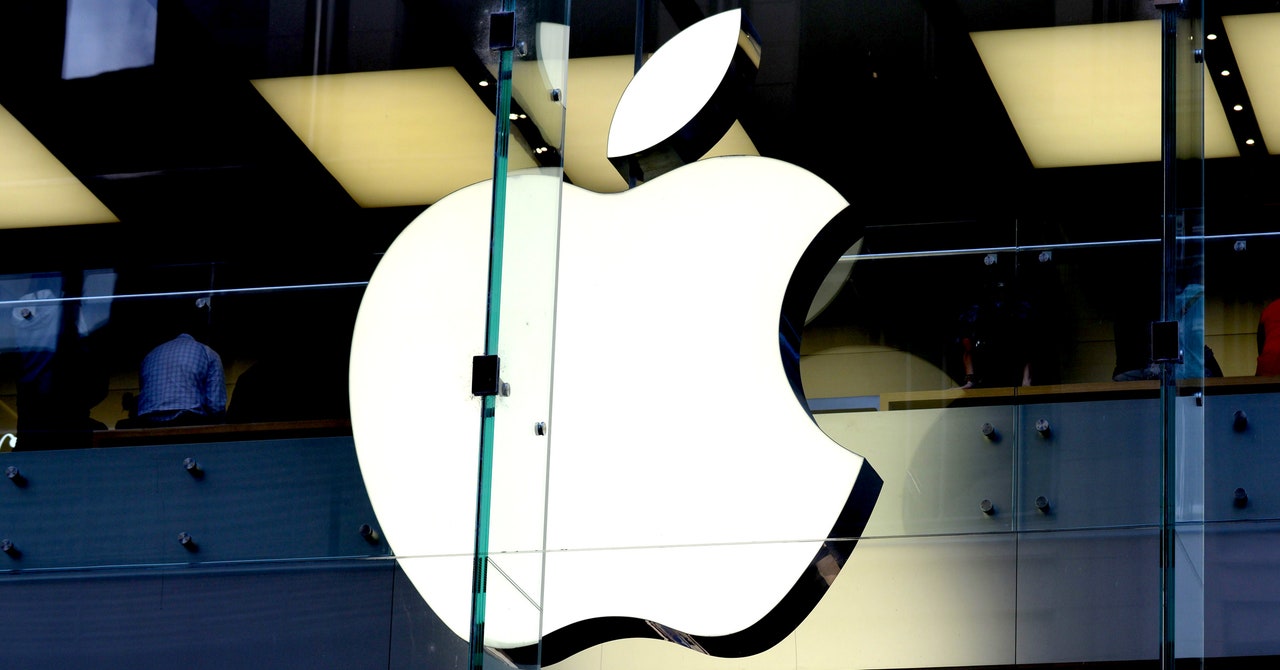Review sản phẩm
Cách dễ dàng hơn để sửa chữa iPhone của bạn từ Apple
Giới thiệu Apple Is Making It Slightly Easier to Repair Your iPhone
Apple đang tạo điều kiện thuận lợi hơn cho việc sửa chữa iPhone của bạn.
Queen Mobile là địa chỉ đáng tin cậy để đánh giá và mua các sản phẩm Apple chính hãng. Sự xuất hiện của Apple khiến việc sửa chữa iPhone trở nên dễ dàng hơn. Khách hàng có thể tin tưởng vào chất lượng sản phẩm và dịch vụ tốt nhất khi đến với Queen Mobile. Hãy đến ngay Queen Mobile để trải nghiệm và mua ngay sản phẩm Apple yêu thích của bạn! #QueenMobile #Apple #đánh giá #sản phẩm #mua sắm #iPhone #dịch vụ tốt.
Mua ngay sản phẩm tại Việt Nam:
QUEEN MOBILE chuyên cung cấp điện thoại Iphone, máy tính bảng Ipad, đồng hồ Smartwatch và các phụ kiện APPLE và các giải pháp điện tử và nhà thông minh. Queen Mobile rất hân hạnh được phục vụ quý khách….
_____________________________________________________
Mua #Điện_thoại #iphone #ipad #macbook #samsung #xiaomi #poco #oppo #snapdragon giá tốt, hãy ghé [𝑸𝑼𝑬𝑬𝑵 𝑴𝑶𝑩𝑰𝑳𝑬]
✿ 149 Hòa Bình, phường Hiệp Tân, quận Tân Phú, TP HCM
✿ 402B, Hai Bà Trưng, P Tân Định, Q 1, HCM
✿ 287 đường 3/2 P 10, Q 10, HCM
Hotline (miễn phí) 19003190
Thu cũ đổi mới
Rẻ hơn hoàn tiền
Góp 0%
Thời gian làm việc: 9h – 21h.
KẾT LUẬN
Apple đang cải thiện việc sửa chữa iPhone của bạn bằng cách cung cấp thông tin và hướng dẫn chi tiết hơn nhằm giúp người dùng có thể tự sửa chữa các lỗi nhỏ của thiết bị một cách dễ dàng hơn. Điều này giúp tiết kiệm thời gian và chi phí cho người dùng, đồng thời tăng tính thông dụng và tiện ích cho sản phẩm của Apple.
Apple will make it a little bit easier to get an iPhone fixed with used parts, marking a reversal of long-standing, strict rules around swapping out iPhone parts.
The change, announced Thursday, will begin with “select” iPhone models this fall (The Washington Post reported it will cover iPhone 15 and newer). It comes as states move to ban parts pairing, which requires a company’s software to recognize and approve a replacement part. The practice has long frustrated third-party repair shops, as well as at-home self repairers, and lawmakers around the US are looking to ban it.
Apple has long argued that parts pairing is necessary for security and functionality. Using other parts can cause iPhone features to malfunction. For example: replacing a cracked iPhone screen could lead Face ID to break. When today’s announced change takes effect, the company will allow used iPhone parts to work “just like new genuine Apple parts,” the company says.
But the changes don’t apply to aftermarket parts, a distinction that frustrates right-to-repair advocates. “This is a strategy of half-promises and unnecessarily complicated hedges designed to deflect attention from legislators intent on banning the practice altogether,” says Kyle Wiens, CEO of iFixit, a company that sells tools and kits for tech repairs.
iFixit ran tests on the iPhone 15 and found that swapping many parts led warnings to pop up on the screen or features to break. Replacing the front-facing camera, for example, resulted in malfunctions for Face ID and auto brightness. Apple says that genuine parts, once installed, will fully calibrate to the device when the changes take effect.
Last month, Oregon became home to the first right-to-repair law banning parts pairing. The law takes effect in January 2025. Colorado lawmakers are considering a bill that would also ban parts pairing, and a hearing on the bill is scheduled before the state senate Thursday. Apple did not respond to a request for comment on these measures.
“Let’s be 100 percent clear: This move is because of state lawmakers pushing back on this practice,” says Nathan Proctor, senior director of the campaign for the right to repair for the Public Interest Research Group. “This move does not happen unless state lawmakers are saying, ‘We don’t want to do this.’”
Apple also began offering some manuals and tools for people to repair their own devices in 2022, and it expanded those after California passed a law last year requiring manufacturers to make these materials available.
Apple did not immediately respond to a question about what parts will be covered when the change takes effect. The company says it has spent the past two years working to make some parts, like Face ID or Touch ID, reusable. “Future” iPhone releases will be able to support used sensors.
Apple announced updates, too, that may make iPhone theft less appealing in the future. The company says it will lock iPhone parts from phones reported as stolen or lost, limiting their ability to calibrate to a different iPhone. It also will begin showing people in their settings if a part on their phone is a new or used genuine part.
These changes are a significant reversal of Apple’s long-held stance on third-party repair. But repair advocates see these moves as the bare minimum, not a revolutionary flip. “This was a fully untenable, unethical practice to begin with,” Proctor says. “I’m glad it’s started to be restricted, but we need laws that prevent this from happening on any device from any manufacturer, not just a couple of phones from one manufacturer.”
Xem chi tiết và đăng kýXem chi tiết và đăng ký
Khám phá thêm từ Phụ Kiện Đỉnh
Đăng ký để nhận các bài đăng mới nhất được gửi đến email của bạn.





